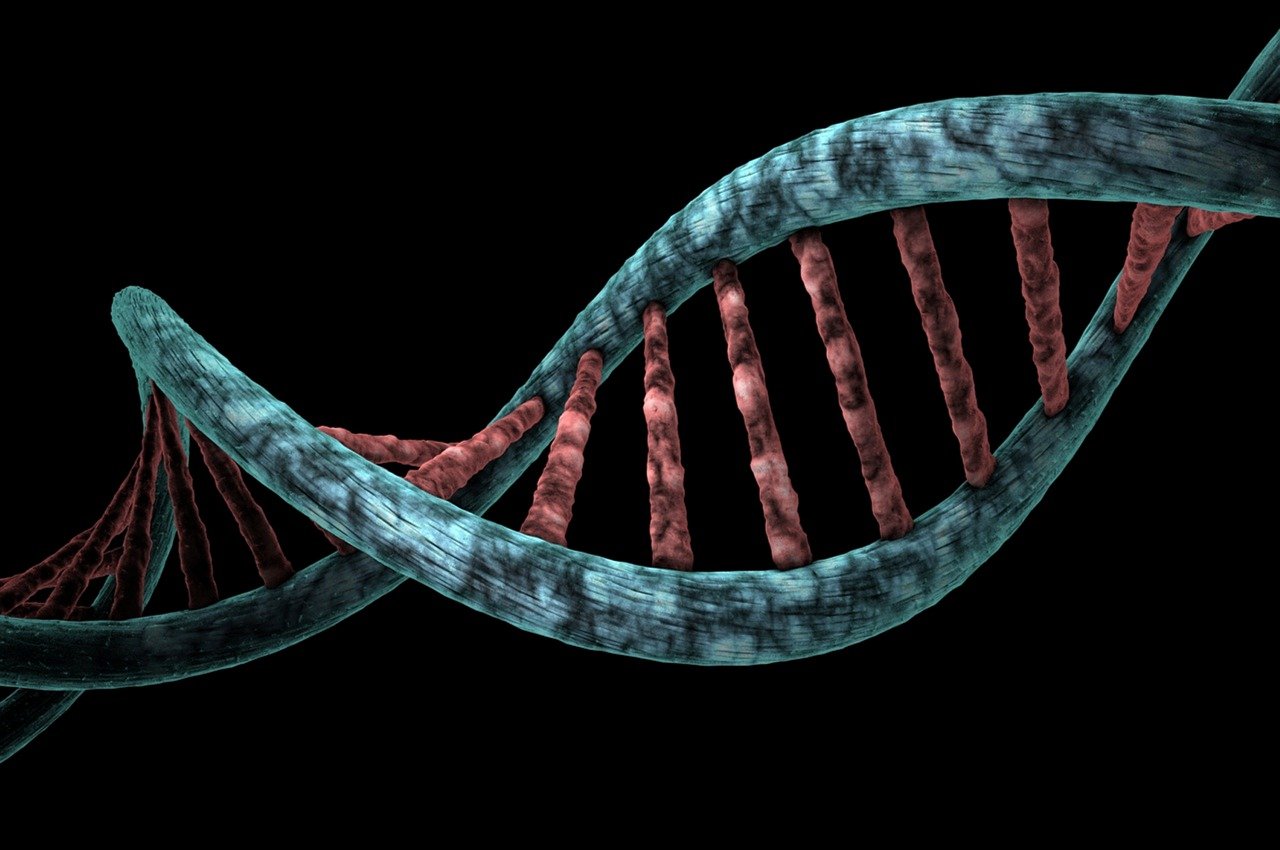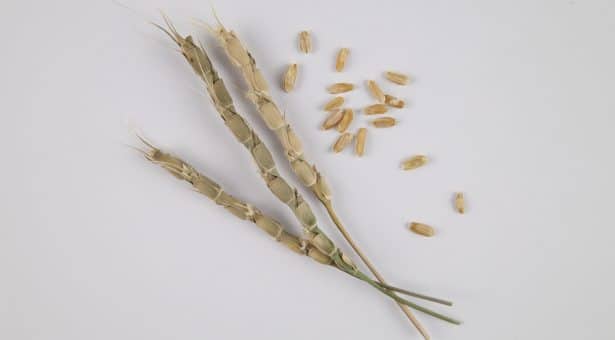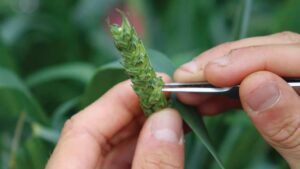Scientists have successfully mapped the genome of Aegilops mutica, a wild relative of wheat, revealing its genetic diversity and potential for improving breeding programs.
Researchers at the University of Nottingham created a chromosome-level, haplotype-resolved genome sequence of Aegilops mutica. This research, published in Scientific Data, adds to the growing body of knowledge focused on protecting global wheat production against climate change and emerging plant diseases.
The study, led by Dr. Surbhi Grewal, Assistant Professor in the School of Biosciences, is part of the Nottingham Wheat Research Centre’s ongoing pre-breeding program, according to a press release.
The breeding initiative aims to incorporate valuable genetic diversity from wild species into cultivated wheat varieties. Using advanced sequencing techniques, Dr. Grewal and her team at the University of Nottingham, along with collaborators from the Wellcome Sanger Institute and the Earlham Institute, have produced a high-quality, fully annotated genome assembly, offering key insights into the genetic makeup of Aegilops mutica. This species is particularly noted for its ability to thrive in harsh environmental conditions.
“This high-resolution genome assembly represents a significant step forward in our ability to utilise wild relatives for wheat improvement,” said Dr Surbhi Grewal, Assistant Professor, School of Biosciences. “With traits such as wheat rust resistance, as demonstrated in our past studies, present in Aegilops mutica, this resource opens new possibilities for enhancing the resilience of modern wheat.”
For over a decade, the Nottingham Wheat Research Centre has been developing wheat-Aegilops muticaintrogression lines to introduce beneficial traits from this wild species into cultivated wheat. These efforts have paved the way for identifying and incorporating new genetic diversity into wheat breeding programs.
The research uses wheat chromosome-specific molecular markers and cutting-edge genomic tools to monitor introgressions from wild relatives into breeding lines, with a focus on traits that improve stress tolerance and disease resistance. The newly assembled genome will significantly enhance the identification of these beneficial traits, enabling wheat breeders to transfer them into elite breeding material and efficiently track the introgressions that offer key advantages.













